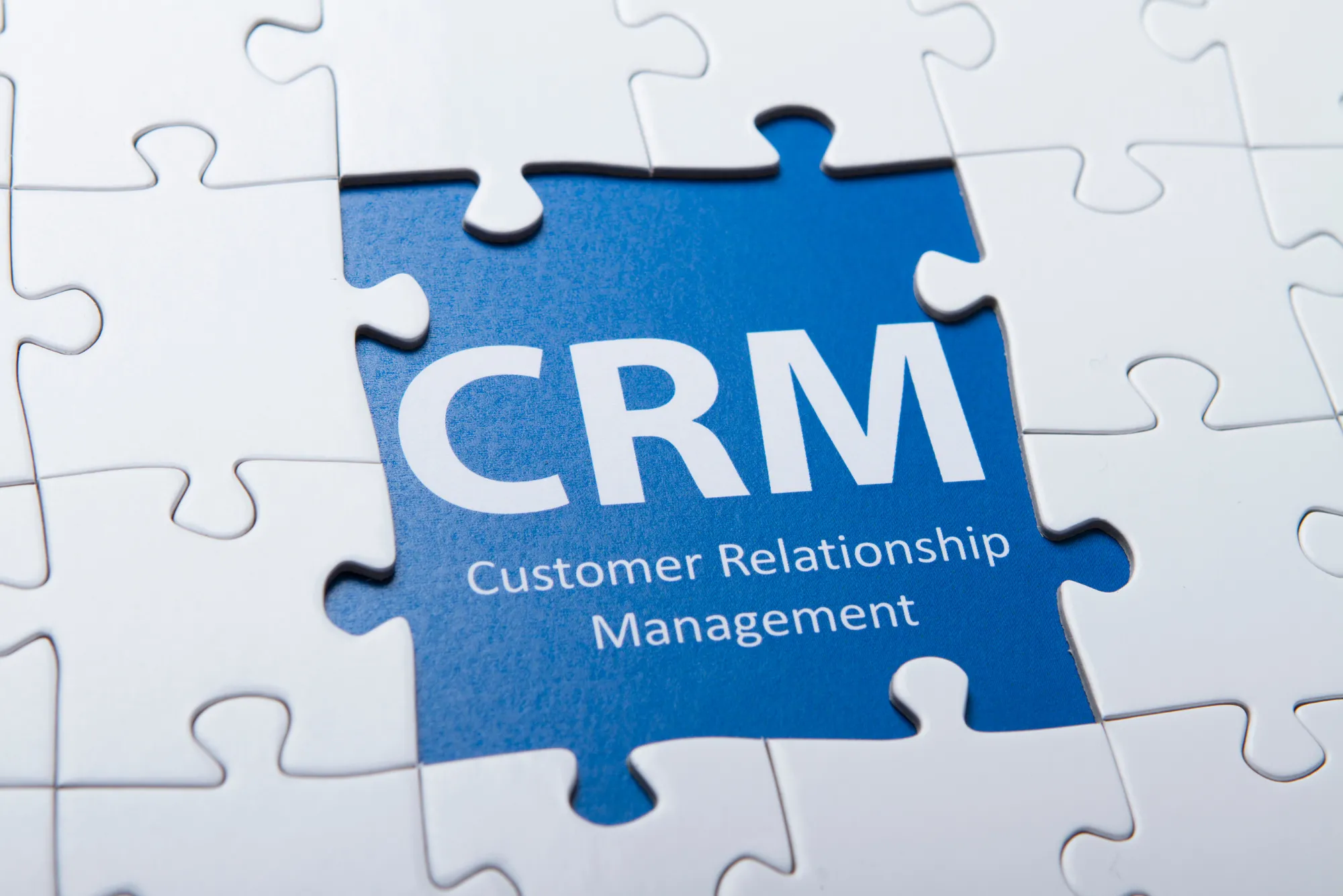In today’s fast-paced business environment, managing projects efficiently is more important than ever. Teams are expected to deliver quality results, collaborate seamlessly, and track performance—all while juggling multiple tools and timelines. This is where a project management CRM (Customer Relationship Management) system becomes a game-changer.
A project management CRM bridges the gap between customer data and project execution. It merges the benefits of a traditional CRM with the capabilities of a project management tool, streamlining workflows and enhancing team productivity.
What Is a Project Management CRM?
Before diving into the benefits, it’s important to understand what a project management CRM is. Unlike standalone CRM software, which primarily focuses on managing client relationships, a project management CRM also offers tools for planning, executing, and tracking projects.
This hybrid solution provides features such as task assignment, timelines, communication logs, and performance metrics—all within a centralized platform that also houses customer data. In short, it helps teams keep both projects and client relationships on track, without needing multiple disconnected systems.
1. Centralized Information and Collaboration
One of the primary benefits of using a project management CRM is centralization. Instead of toggling between different platforms for client communications, project tracking, and documentation, everything lives in one integrated system.
This leads to:
-
Improved team communication: Everyone is on the same page, with access to the same data.
-
Fewer errors and miscommunications: Reduced reliance on scattered emails or messages.
-
Faster decision-making: Information is available instantly to those who need it.
For remote or hybrid teams, this centralization is especially critical to maintaining transparency and workflow continuity.
2. Improved Client Visibility and Accountability
A unique advantage of combining CRM and project management is the real-time visibility into client-related tasks. Sales and service teams can see where a project stands, which team members are responsible, and what deliverables are due.
This visibility enables:
-
Better client communication: Clients appreciate updates and timelines, especially when they’re accurate.
-
Stronger accountability: With assigned tasks and deadlines, responsibilities are clear and trackable.
-
Personalized service: Knowing a client’s history and project details allows teams to tailor their interactions.
3. Efficient Workflow Automation
Many project management CRMs include automation tools that eliminate manual processes and reduce administrative overhead. For example, you can:
-
Automatically assign tasks after a deal is closed.
-
Send alerts or reminders when deadlines approach.
-
Generate reports based on project stages and metrics.
This level of automation enhances efficiency and ensures that nothing falls through the cracks—critical for businesses managing multiple clients and projects simultaneously.
4. Enhanced Reporting and Analytics
Data is only useful when it’s actionable. A project management CRM offers robust reporting features that combine customer insights with project metrics. You can generate reports on:
-
Project progress and deadlines
-
Team member performance
-
Resource allocation
-
Client engagement
These insights help managers identify bottlenecks, allocate resources more effectively, and make informed strategic decisions.
Moreover, having both client and project data in the same platform allows for more comprehensive analysis, including customer lifetime value, profitability by project, and retention trends.
5. Time and Resource Management
Meeting deadlines while staying within budget is a core challenge of project management. A CRM with project management capabilities helps in:
-
Tracking time spent per task or team member
-
Allocating workloads efficiently
-
Monitoring project budgets in real time
This allows businesses to identify inefficiencies early and adjust plans before small issues become costly problems.
6. Scalability and Growth Support
As your organization grows, so do your project and client management needs. A project management CRM supports scalability by:
-
Allowing new users or teams to be added easily
-
Supporting custom workflows tailored to departments
-
Integrating with other software (e.g., finance, marketing, helpdesk)
This scalability ensures that businesses don’t outgrow their software and can continue optimizing operations without starting from scratch.
7. Better Client Retention and Satisfaction
When projects are delivered on time and communication is clear, clients notice. A project management CRM supports high client satisfaction by ensuring:
-
On-time project delivery
-
Clear expectations and updates
-
Consistent quality of service
Happy clients are more likely to return and refer others. And because all interactions and project milestones are logged in one place, teams can learn from past experiences to continually improve.
8. Integration With Existing Tools
Most project management CRMs are built with integration capabilities, meaning they can connect with tools you already use—such as Slack, Google Workspace, Microsoft Teams, or accounting platforms.
This reduces friction during adoption and makes it easier for teams to maintain existing workflows while gaining the benefits of enhanced visibility and tracking.
Who Should Use a Project Management CRM?
While large enterprises may already use ERP systems with similar functions, a project management CRM is ideal for:
-
Agencies (marketing, creative, web development)
-
Consultants and freelancers
-
Service-based businesses
-
Startups and growing teams
These businesses benefit greatly from a solution that can manage both the client lifecycle and the execution of deliverables without a steep learning curve or bloated feature set.
Final Thoughts
Implementing a project management CRM provides a competitive edge by unifying client data with project execution. The result? Streamlined workflows, happier clients, and more efficient teams.
In a world where expectations for speed, transparency, and service quality continue to rise, investing in a project management CRM is not just smart—it’s essential for sustainable growth.





